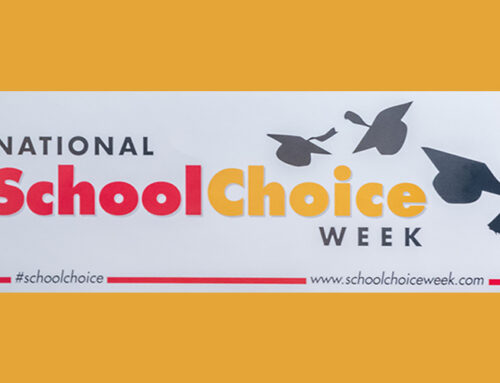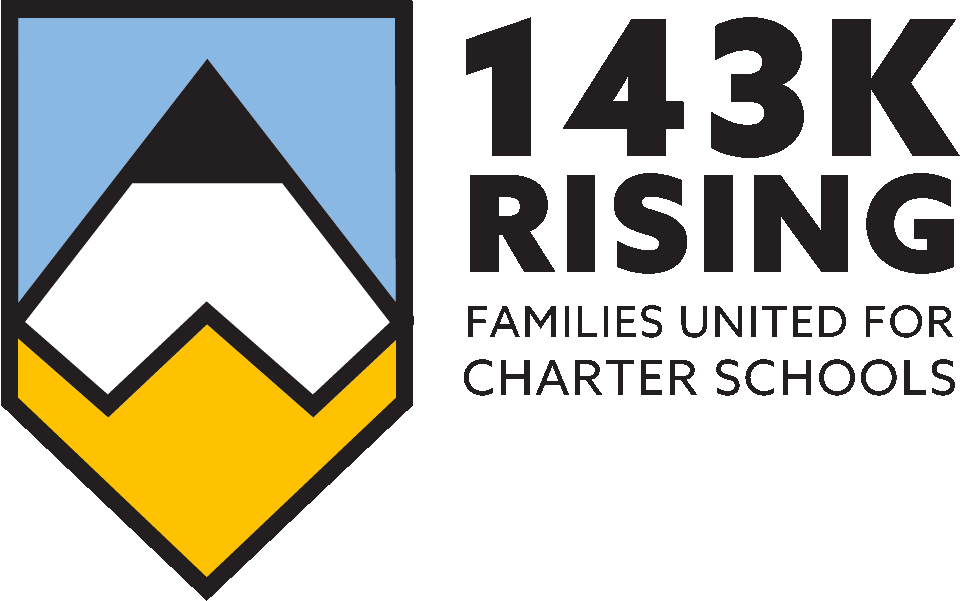By Dr. Anne Clark, CEO of the Pennsylvania Coalition of Public Charter Schools
As the CEO of the Pennsylvania Coalition of Public Charter Schools, I am compelled to speak out against a pressing issue affecting our most vulnerable students—cyber students in Pennsylvania. The recent decision to impose an $8,000 tuition rate for these students is not only unjust but also detrimental to their education and future.
Cyber charter schools have long been a lifeline for many students who, for various reasons, cannot thrive in traditional brick-and-mortar settings. These schools offer flexibility, personalized learning, and a safe environment for those who face challenges such as bullying, medical conditions, or special educational needs. However, the new tuition rate threatens to undermine these benefits and create significant barriers for students who rely on cyber education.
Firstly, the $8,000 tuition rate is arbitrary and does not reflect the actual cost of educating a student in a cyber charter school. Cyber schools often face different financial demands compared to traditional schools, including technological infrastructure, digital curriculum development, and individualized support services. Setting a flat rate ignores these nuances and imposes an unfair financial burden on the schools and the families they serve.
Moreover, this decision disproportionately affects vulnerable populations. Many students in cyber charter schools come from low-income families who cannot afford to pay out-of-pocket for their child’s education. By imposing a high tuition rate, we are effectively denying these children access to the quality education they deserve. This is particularly troubling in a state where education should be a right, not a privilege reserved for those who can afford it.
The impact on students with special educational needs is equally concerning. Cyber charter schools often provide specialized programs and services tailored to these students, helping them achieve their full potential. The $8,000 tuition rate jeopardizes the continuity and quality of these essential services, putting the academic progress and well-being of special needs students at risk.
Furthermore, this decision exacerbates existing inequities within the education system. Traditional public schools are funded through local property taxes, resulting in significant disparities between wealthy and impoverished districts. Cyber charter schools, which serve students from diverse backgrounds and regions, offer an opportunity to level the playing field. By imposing a uniform tuition rate, we are stripping away this opportunity and reinforcing systemic inequalities.
In addition to the direct harm to students, this tuition rate threatens the sustainability of cyber charter schools themselves. Many of these schools operate on tight budgets, and the imposed rate could lead to financial instability, reduced resources, and even school closures. This would leave countless students without the educational options they rely on, forcing them back into traditional schools that may not meet their needs.
The decision to set an $8,000 tuition rate for cyber students in Pennsylvania is not just a financial issue—it is a moral one. As a society, we have a responsibility to ensure that all children, regardless of their circumstances, have access to a high-quality education. This decision fails to uphold that responsibility and instead creates unnecessary barriers for some of our most vulnerable students.
In conclusion, I urge policymakers to reconsider this tuition rate and engage in meaningful dialogue with educators, parents, and stakeholders to develop a more equitable solution. We must prioritize the needs of our students and ensure that every child in Pennsylvania has the opportunity to succeed, regardless of their educational setting. The future of our children, and indeed our state, depends on it.
Dr. Anne Clark
CEO, Pennsylvania Coalition of Public Charter Schools



